Non-Toxic Shampoo: Ingredients to Avoid & What to Look For
Finding a non-toxic shampoo that cleans effectively without exposing you to harmful chemicals can be tricky. Many shampoos, even some labeled as “natural,” contain problematic preservatives, synthetic fragrances, and harsh surfactants. Below, we break down the key ingredients to avoid and what to look for in a truly safe, non-toxic shampoo.
Surfactants
Surfactants are the key ingredients that make shampoos (and all soaps and detergents) effective. They help water break down oil and dirt, allowing them to be rinsed away. However, not all surfactants are created equal—some are safe, while others come with health and environmental concerns.
Many conventional shampoos rely on harsh surfactants like sodium laureth sulfate (SLES) and, which can be irritating to the scalp and may contain harmful contaminants. Cocamide DEA is an actual carcinogen and should always be avoided. Unfortunately, some natural shampoos also use these questionable surfactants.
Safer Surfactants in Non-Toxic Shampoo
If you’re looking for a non-toxic shampoo, keep an eye out for gentler, biodegradable surfactants like:
- Decyl glucoside
- Lauryl glucoside
- Potassium cocoate
- Coco glucoside
- Sodium cocoyl isethionate
- Sodium lauroyl methyl isethionate
- Caprylyl/capryl glucoside
- Sodium lauroyl glutamate
The problem with these is that they tend not to lather as well as some of their more traditional (but less safe!) counterparts, so it can be hard to find high-performing, non-toxic shampoos that rely only on these surfactants.
Non-Toxic Shampoo Gray Area
One of the most confusing surfactants is cocamidopropyl betaine. While it can be safe and mild, it can sometimes be contaminated with harmful byproducts like nitrosamines (carcinogens) and 3-dimethylaminopropylamine (also known as DMAPA, and irritants). While derived from coconut oil, cocamidopropyl betaine is heavily processed and not as “natural” as some marketing suggests. Potential marine toxicity raise mild environmental concerns. Choosing a DMAPA-free, third-party-tested shampoo brand can help minimize these risks.
Similarly, while disodium laureth sulfosuccinate itself is considered a mild surfactant, it can be at risk of contamination due to ethoxylation. The best way to assess this is to look for certifications (EWG verified, ECOCERT, EU standards), transparency about purification methods, or labels that explicitly say “1,4-dioxane-free.”
Finally, cocamidopropyl hydroxysultaine has a low potential for skin, eye, or lung irritation. However, there are once again concerns about possible contamination with DMAPA and nitrosamines during its manufacturing process.
At Gimme the Good Stuff, we evaluate shampoos with cocamidopropyl betaine, disodium laureth sulfosuccinate, and cocamidopropyl hydroxysultaine on a case-by-case basis:
✅ If a brand discloses third-party testing or is verified by EWG, it may make our Best Stuff list.
⚠ If there’s no transparency about contamination risks, the product lands in Good Stuff or Okay Stuff, depending on its other ingredients.
Coco Betaine in Non-Toxic Shampoo
Some brands use coco betaine instead of cocamidopropyl betaine. Coco betaine is a milder, less processed alternative that is less likely to cause irritation or contain impurities. It can, however, potentially irritate very sensitive skin, so if you have allergies, eczema, or rosacea, it’s best to patch-test first.

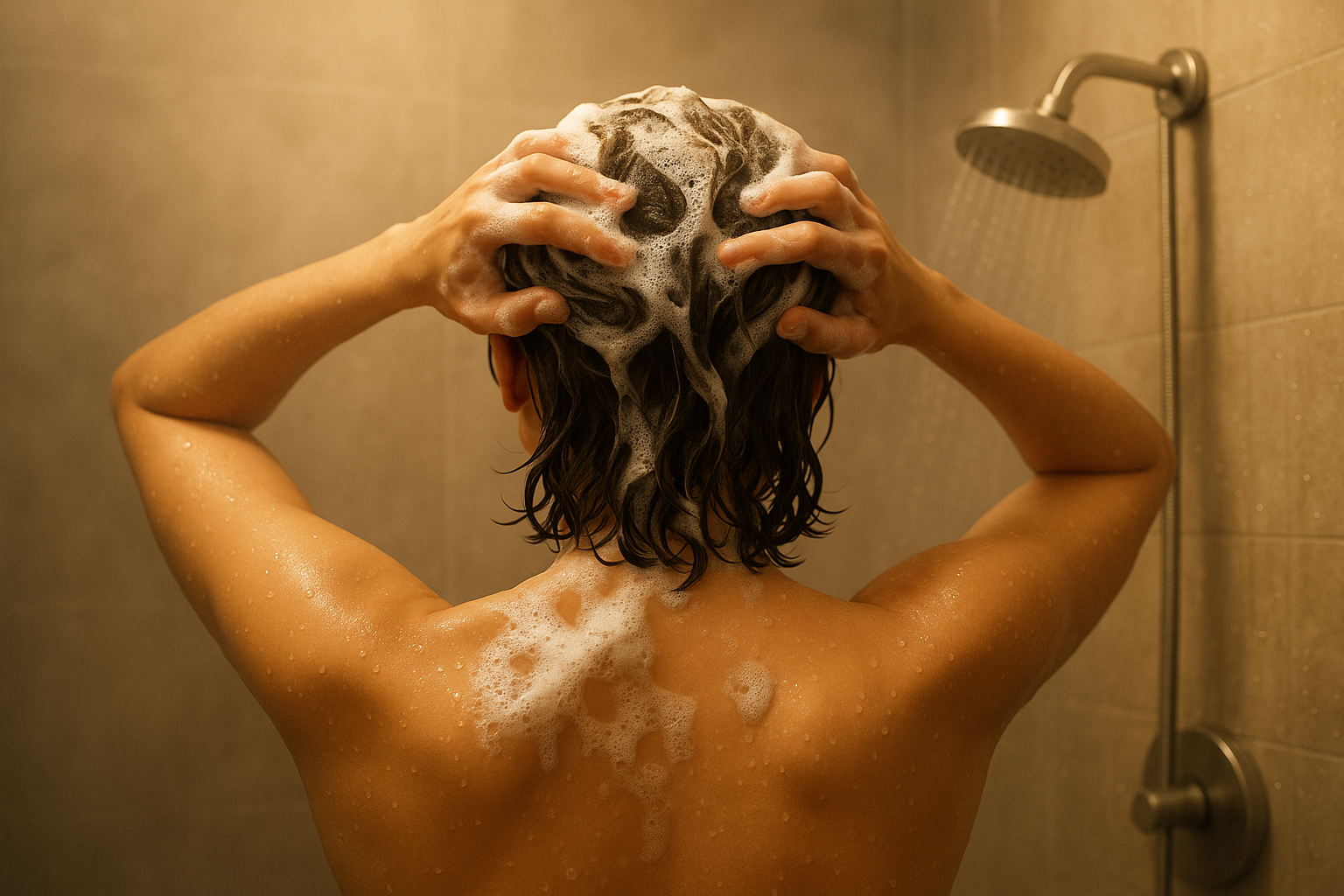












































































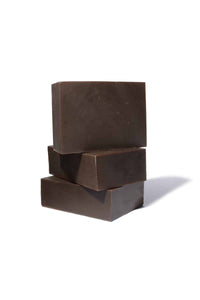
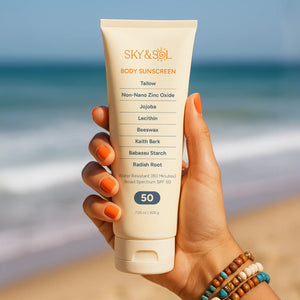
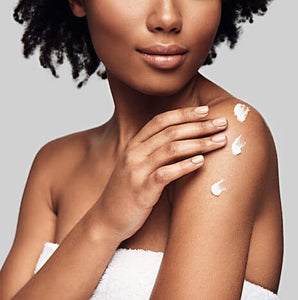
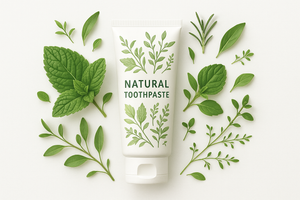
249 comments
Michele P Pescatore
For several years I have had issues with eczema at the back of my head. I have tried many kinds of shampoos and conditioners, some with “good stuff” and some with “bad stuff”. Some of the natural shampoos or conditioners help my scalp somewhat but dry my hair. I am in my sixties so I try not to wash my hair more than twice a week and have been told that my hair is healthy, just need some help with my scalp. Diet does make a difference but I still would like to find a gentle shampoo and conditioner to help. Can you make any suggestions? Thank you.
Kim
I found this. Looks good. What do you think?
https://modernmammals.com/
Patricia Hopkins
Do you have a list of sent free shampoo and conditioners. I can’t find one I like.
Maggie
I have been a fan of Acure as well, but the shampoos mist have been reformulated?? Many have cocamidopropyl betaine and my favorite (coconut & marula) now lists “fragrance (parfum)â€. :-(
Tiffany
I like using Argan Oil shampoo from Maple Holistics.
Neha Verma
Hi Maia,
Thanks for sharing ..I was wondering if you have heard of WOW Apple Cider Vinegar Shampoo and the hair conditioner that goes with it. Would love to have your opinion on it. Thanks
Eryka
I just got my haircut today and of course, my hairstylist tried to sell me the salon products.
I love your safe product guides so I came to find a product I’d feel comfortable with. Shea moisture is readily available so I thought I’d look at their website. So many reviews in the last month saying they changed their formula ? can you take a look at it?
Doctor Petra Jameson
Really love this article! If you ask me organic products are the way to go!
Cheryl
I just bought Avalon Organics after a devastating diagnosis with allergies including Cocoamidapropyl Betaine. I think they’re ok as they were the only one I could find that actually lathers. It still leaves my hair feeling really strange and dry in a way that no deep conditioner seems to be able to get through. HELP!
Laura M
What a great read – I don’t know how you make time to respond to so many questions and comments. Just wanted to say that, based on what I read in the article as well as the comments thread, I just ordered a buuuuunch of ACURE products. Looking forward to trying them. I’ve used Monat for the last two years and it did regrow some of the hair I lost after having my third baby. However, I’m noticing that it’s breaking off like crazy. It’s become dry and fragile. Never a problem I’ve had before. It’s super expensive and I’m bummed to throw out the collection of products I’ve built up, but I really don’t feel good about using the stuff any more! Again, thanks for your research and recommendations.